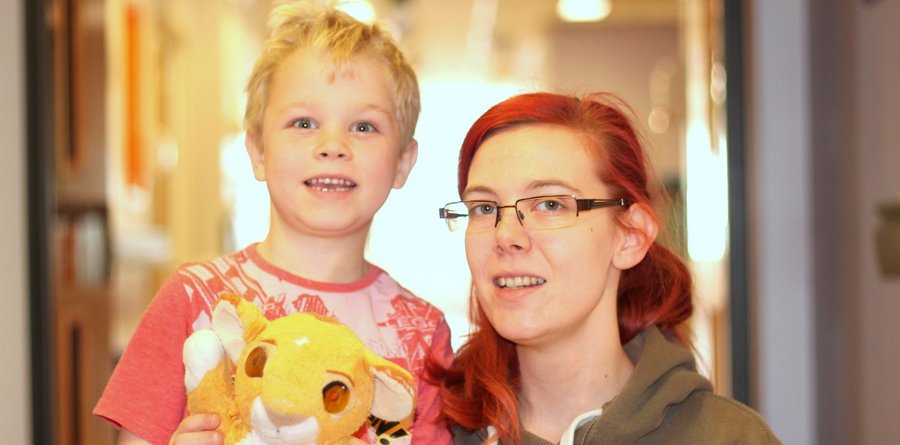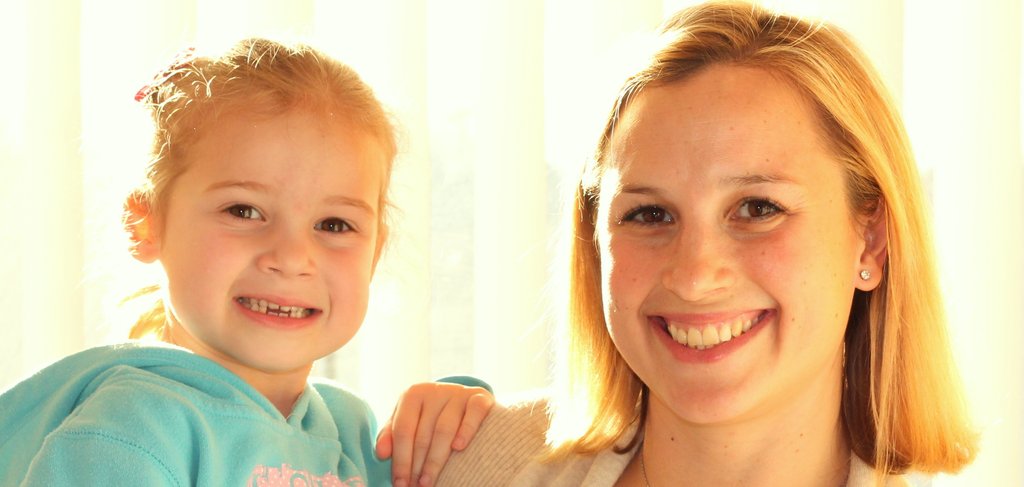

 |  | Search Home Find us Feedback |
 |  |
Information for children, teenagers and families | |
What is a genotype?
Genotype-specific therapySince the majority of genotypes end up with the same result on CFTR function and the same severity of CF, knowing the genotype for most people with CF did not, in the past, make any difference to therapy. This all changed in 2013 when a new drug called Ivacaftor became available. This drug is able to restore the function of CFTR but only for patients with particular genotypes - called gating mutations (eg G551D). It is likely that other treatments that are genotype-specific will be developed - hopefully for the common dF508 genotype - and this means that everyone now needs to know their genotype. Orkambi (lumacaftor-ivacaftor), which has been licensed in the US for use in patients with 2 copies of the dF508 mutation has not been funded for use in the UK (see the research section). Know your genotypeWe know the genotype (both mutations) of 99% of children in the OCCFN and we will make sure that all genotype-specific therapies are used as soon as they are available. Ask at your next clinic appointment if you want to know what your genotype is. |